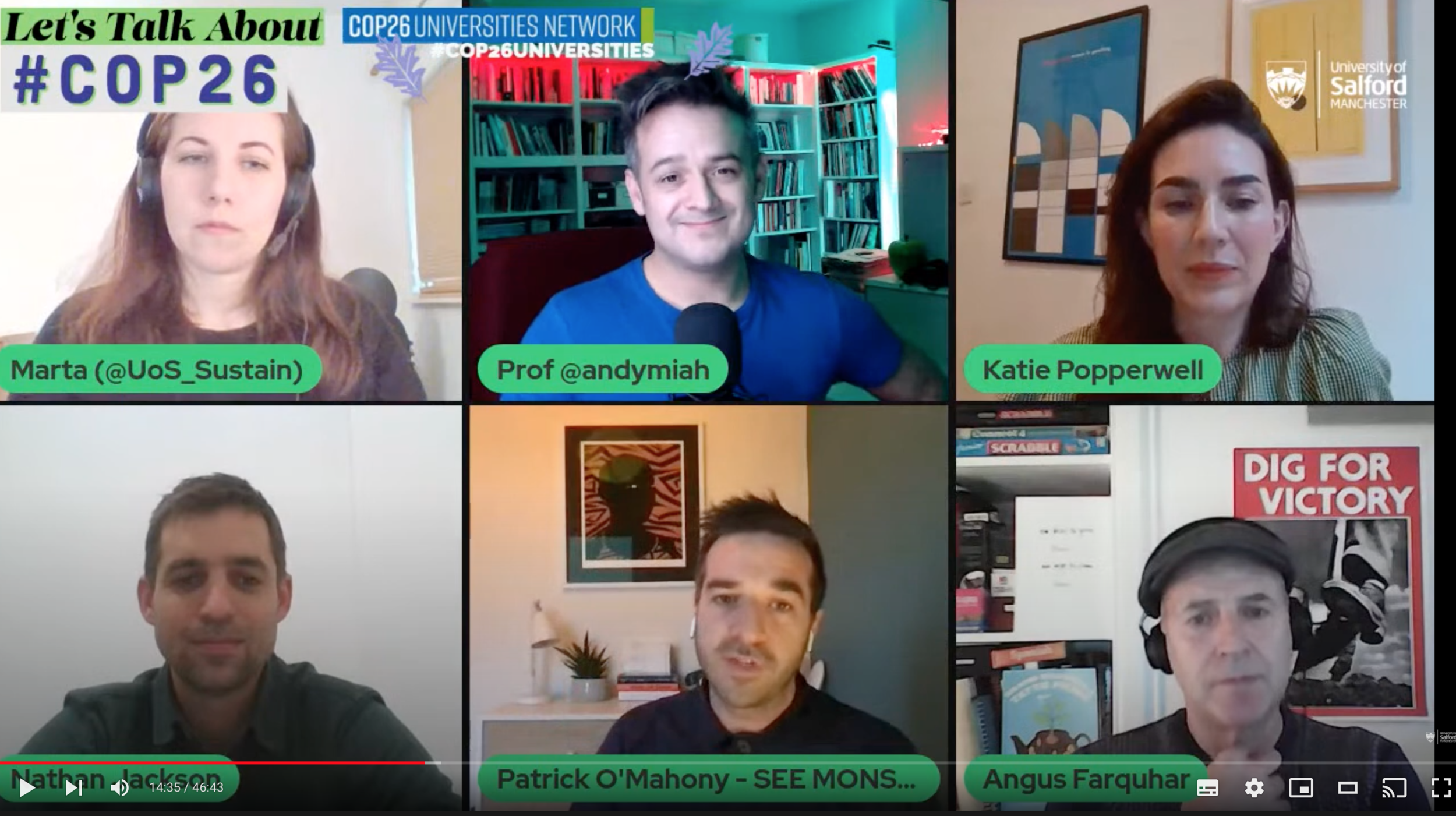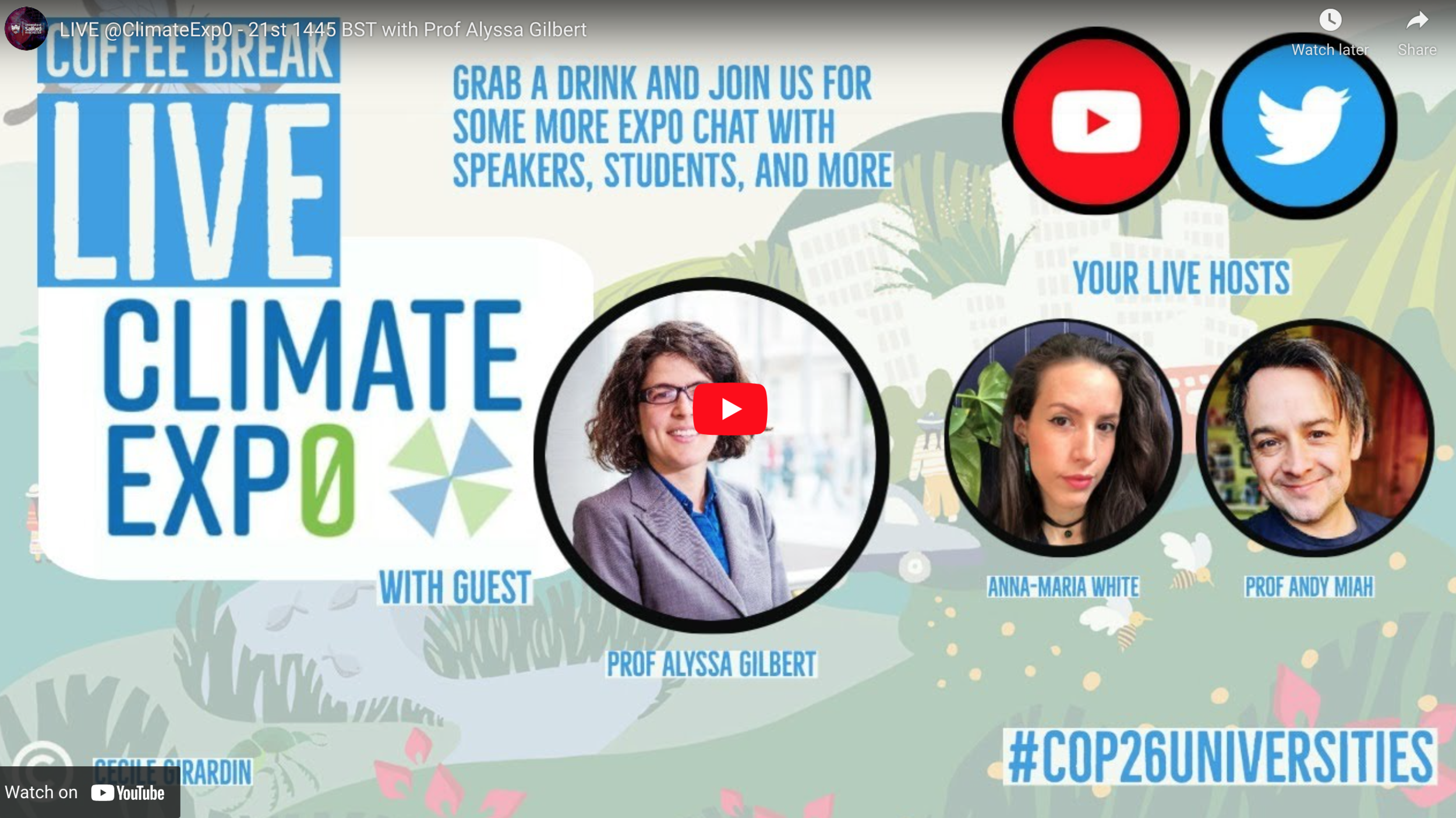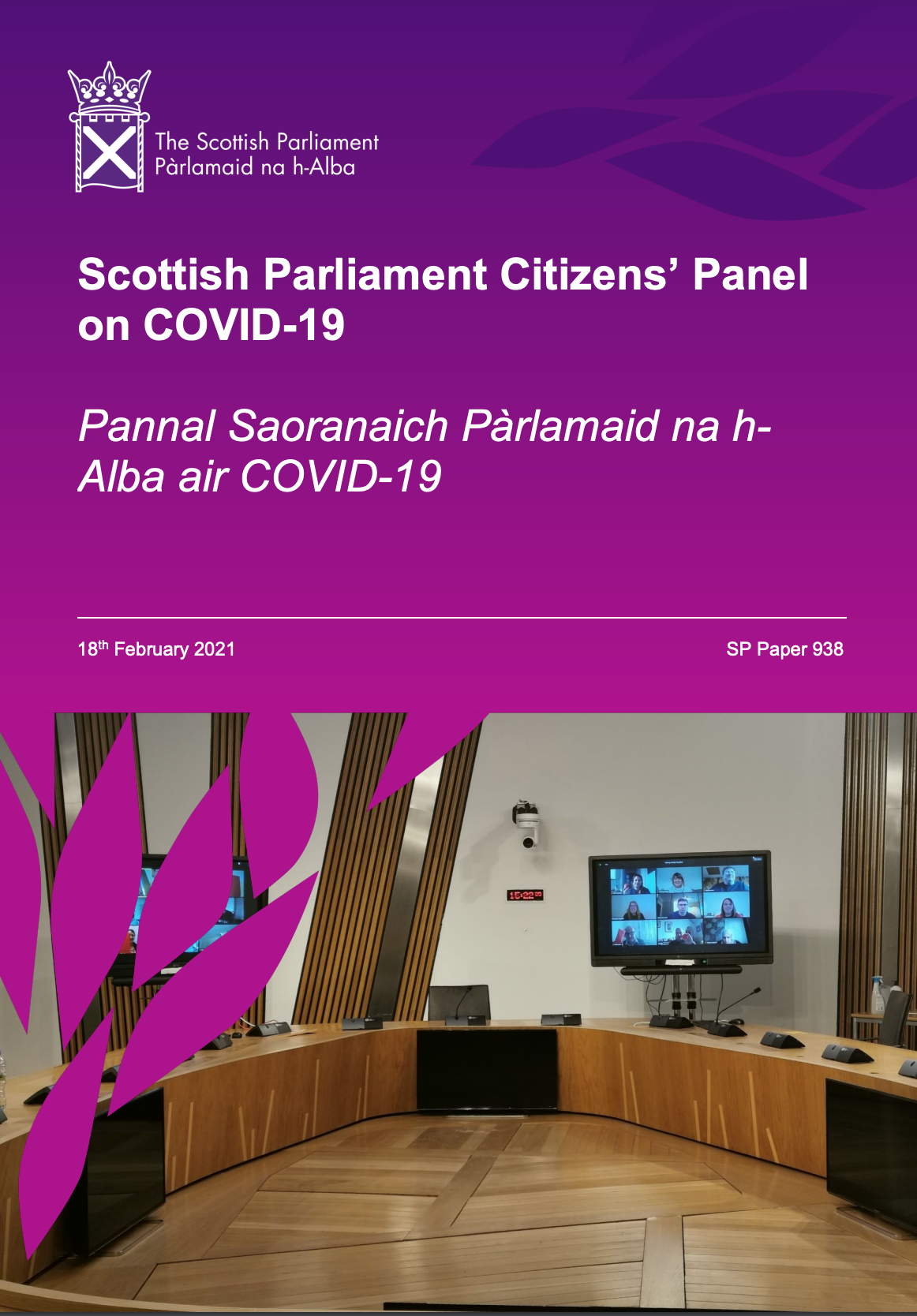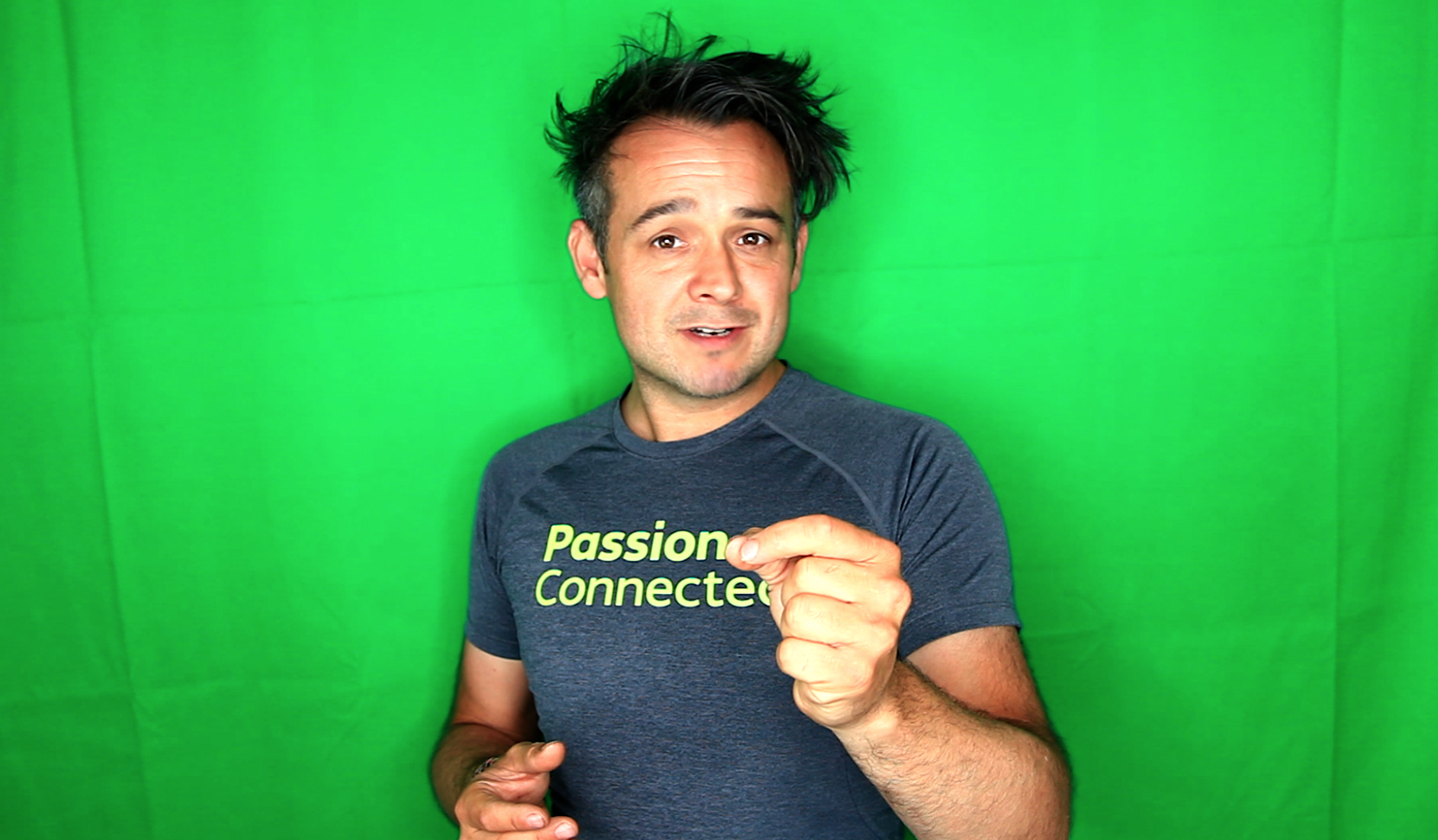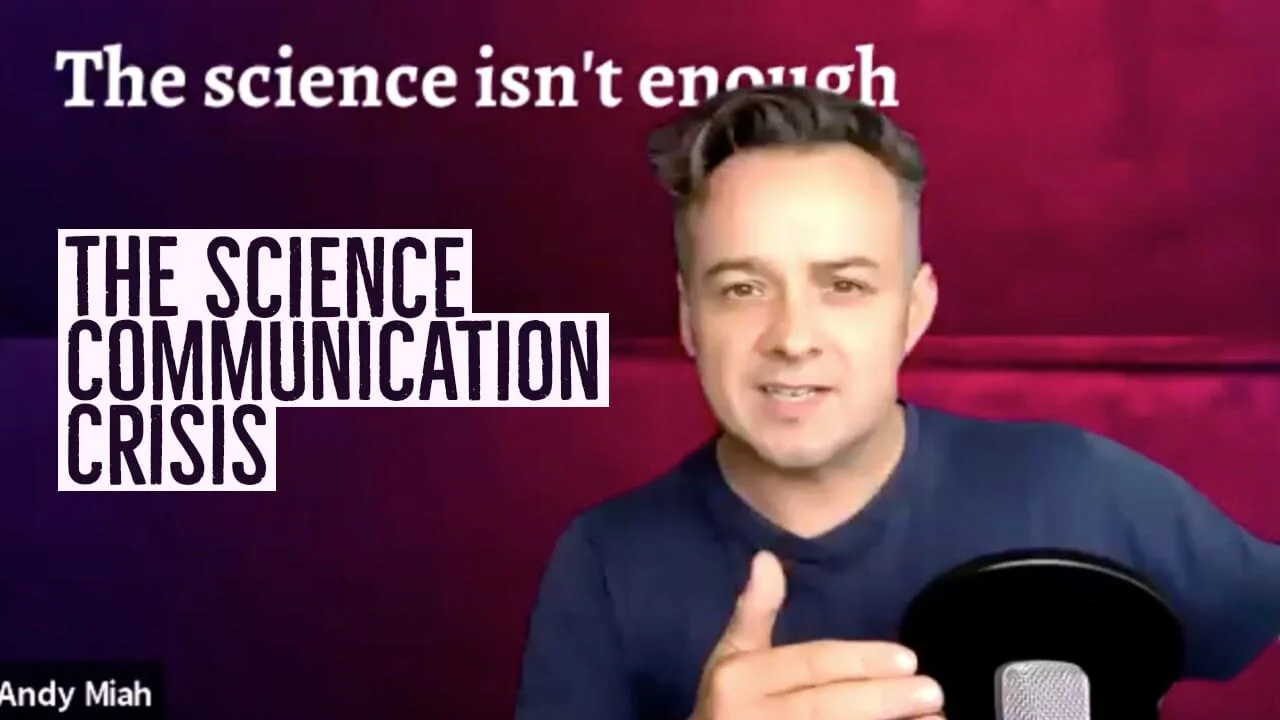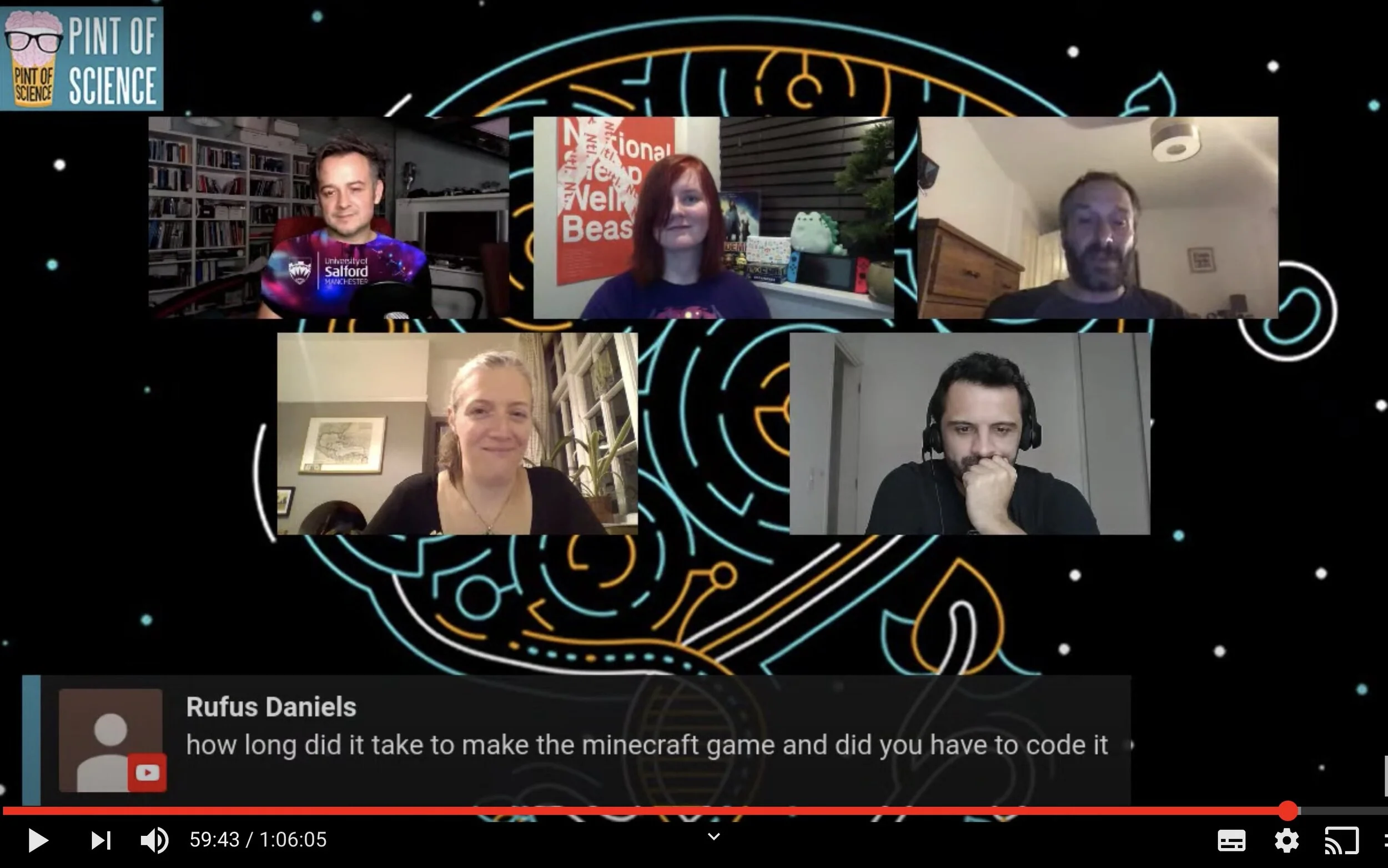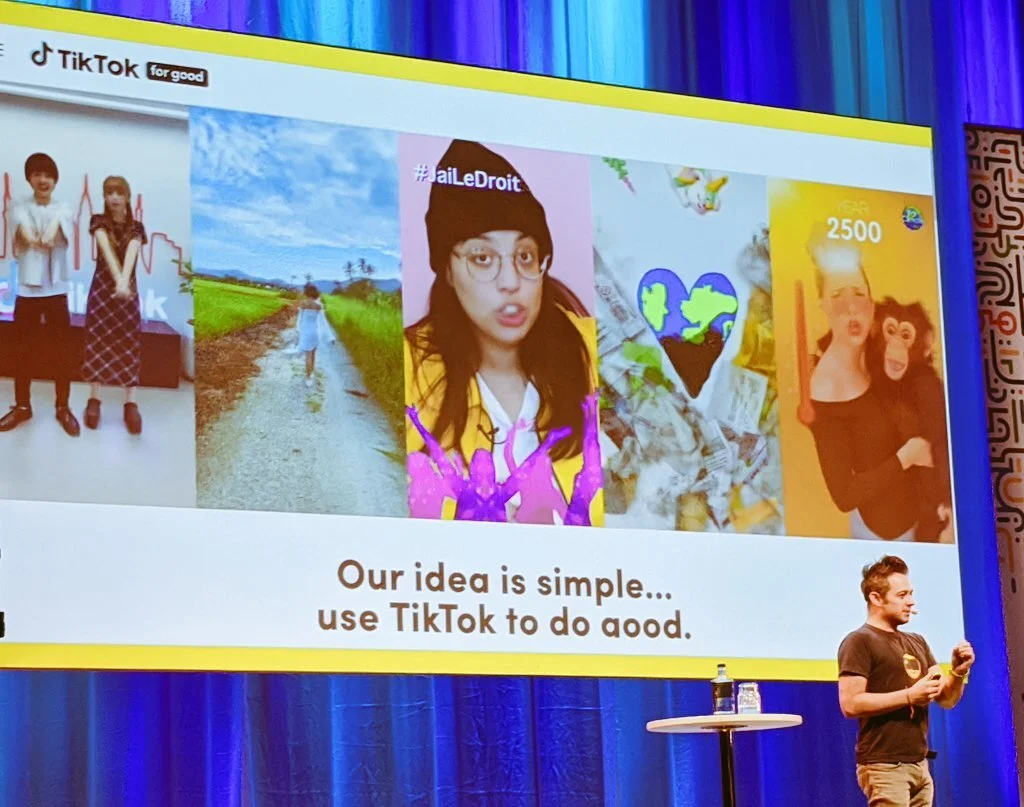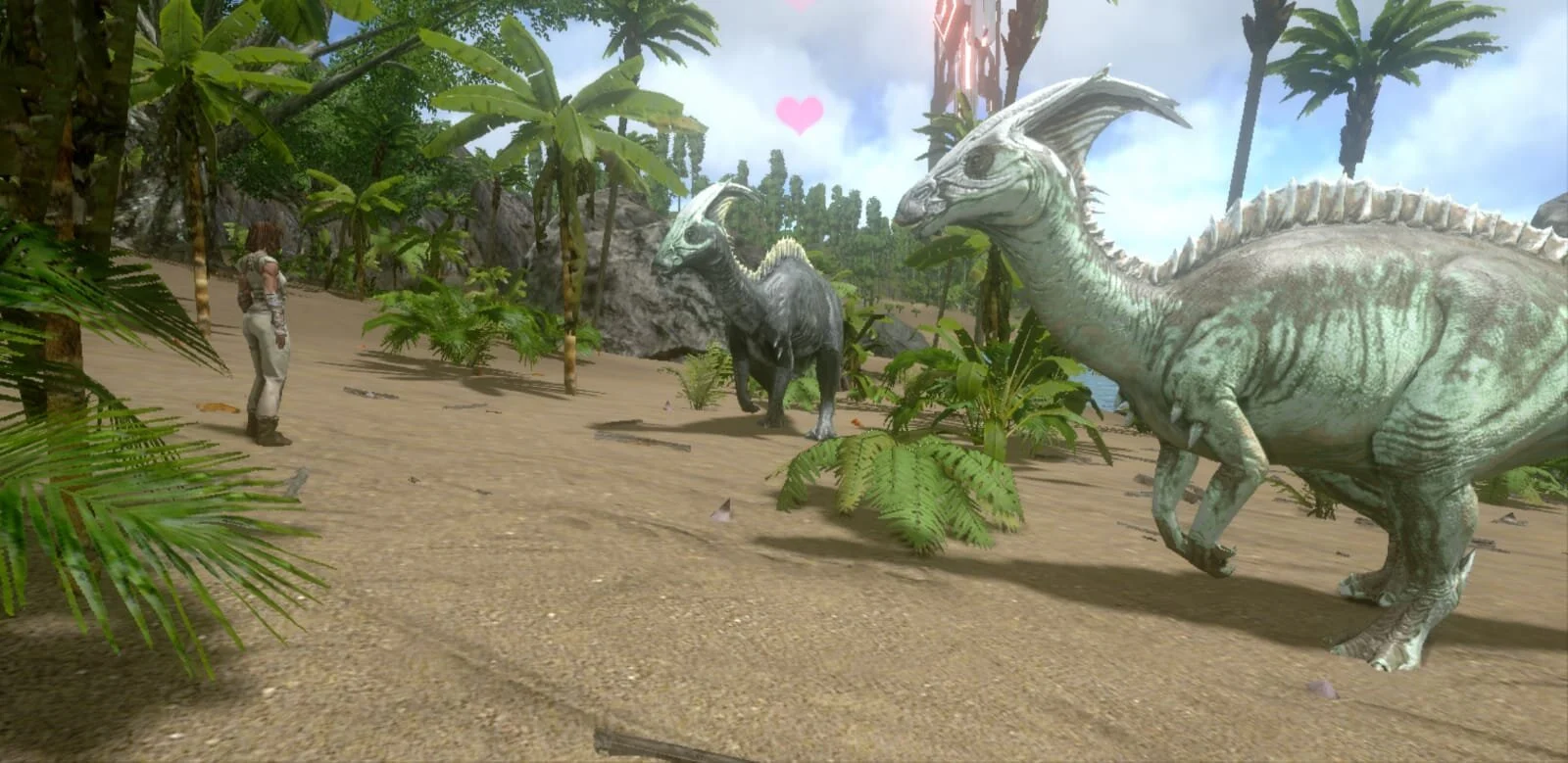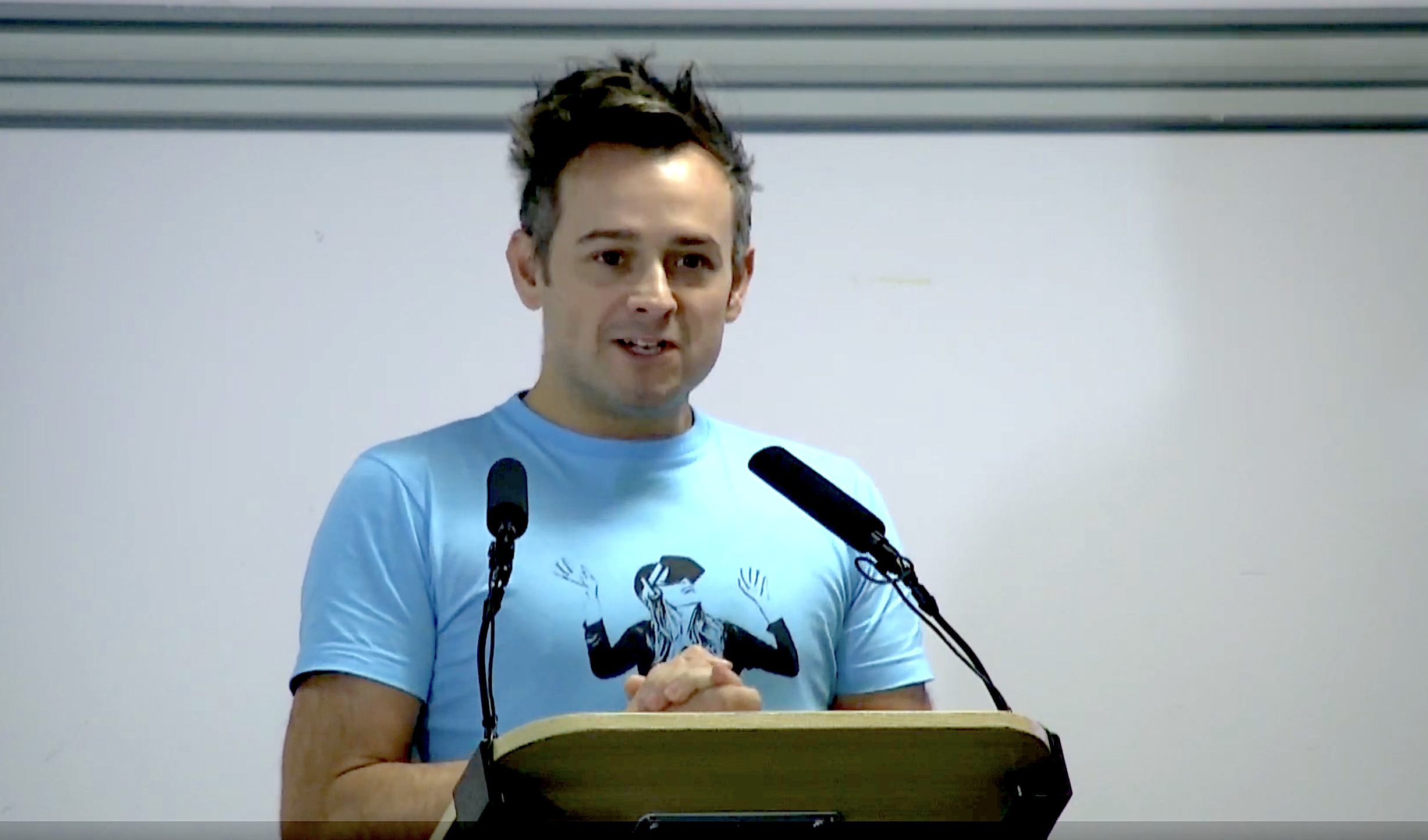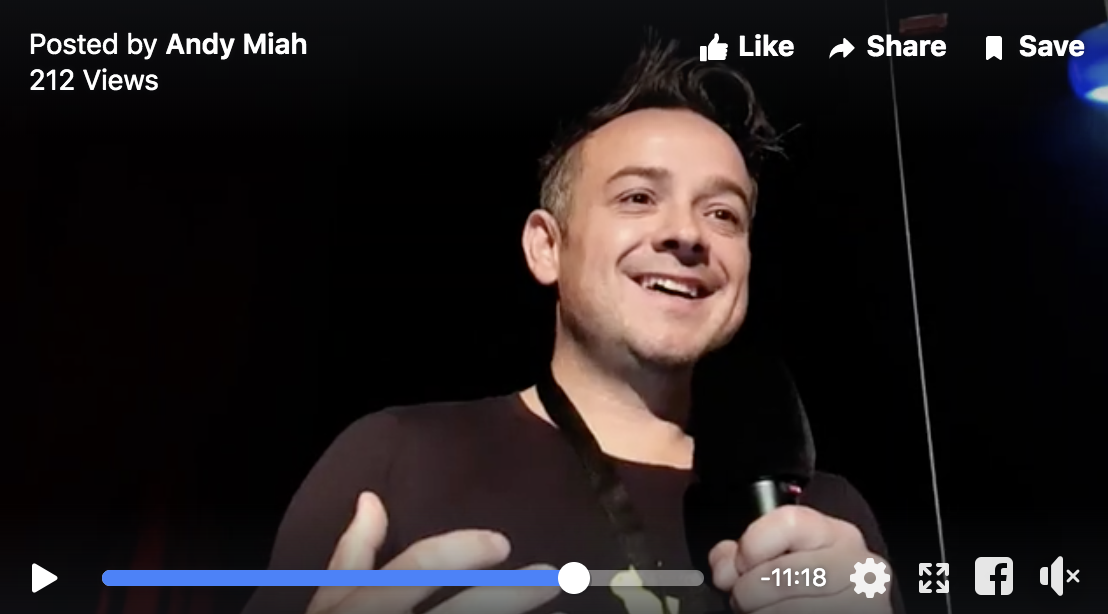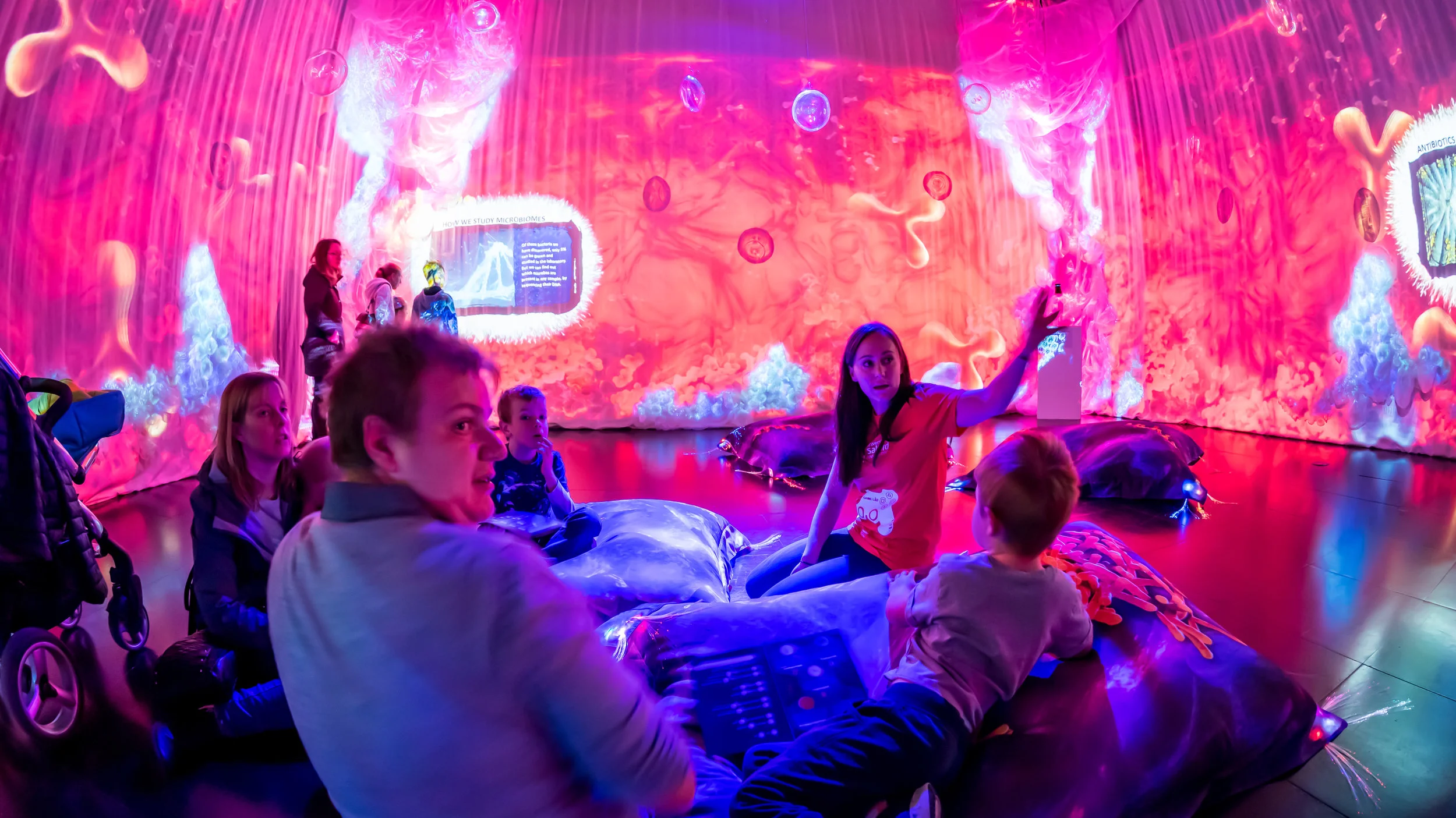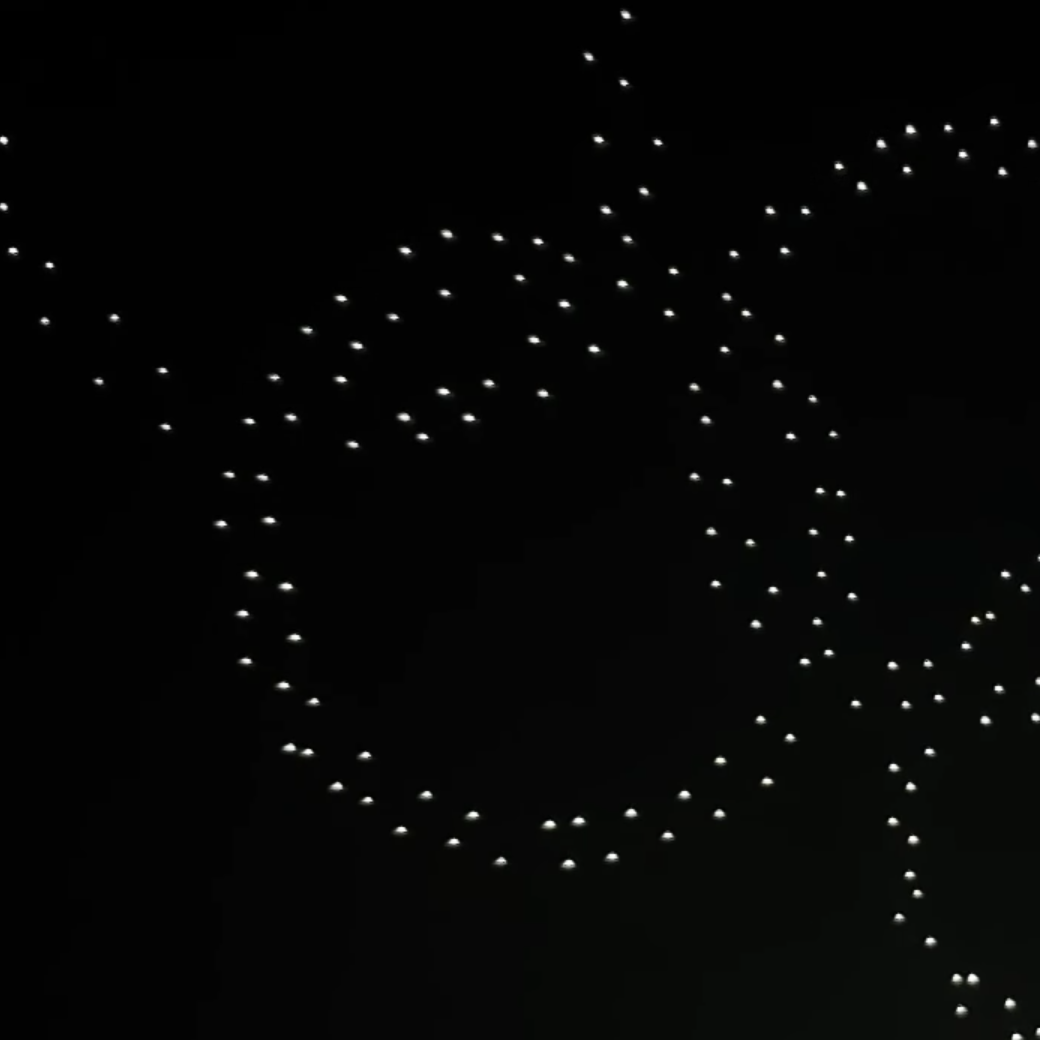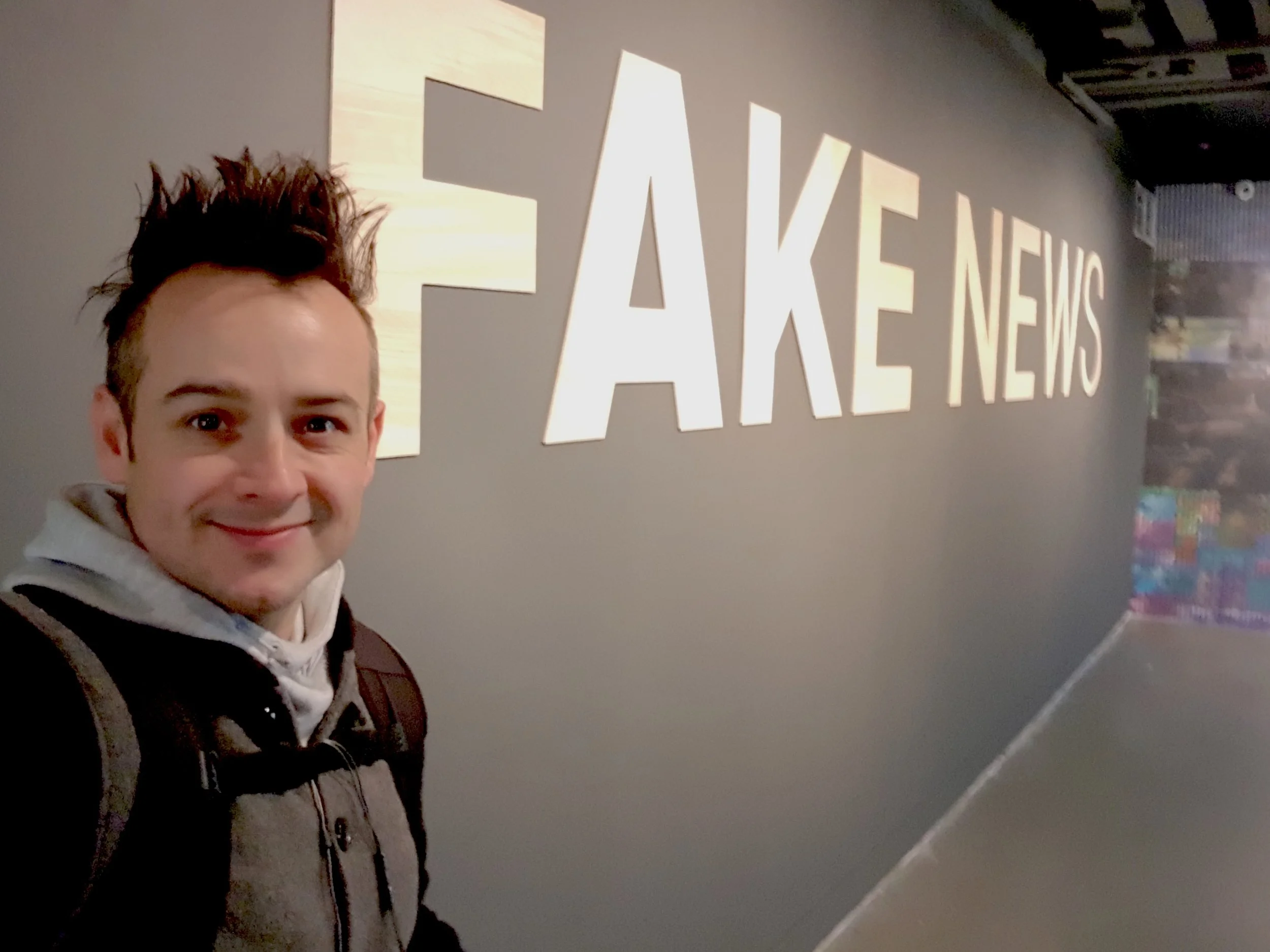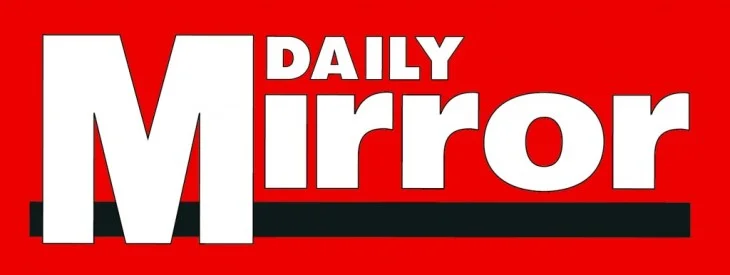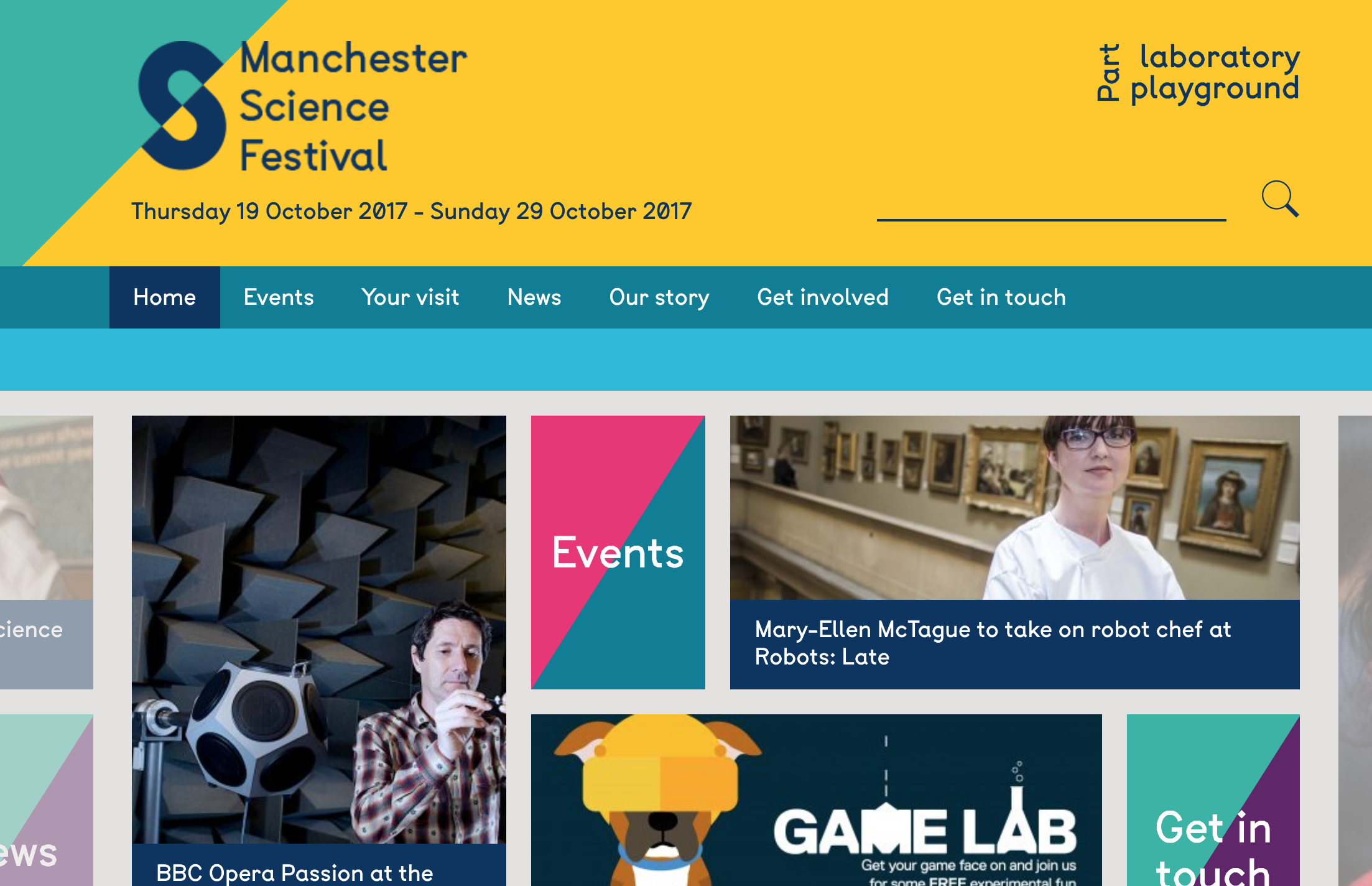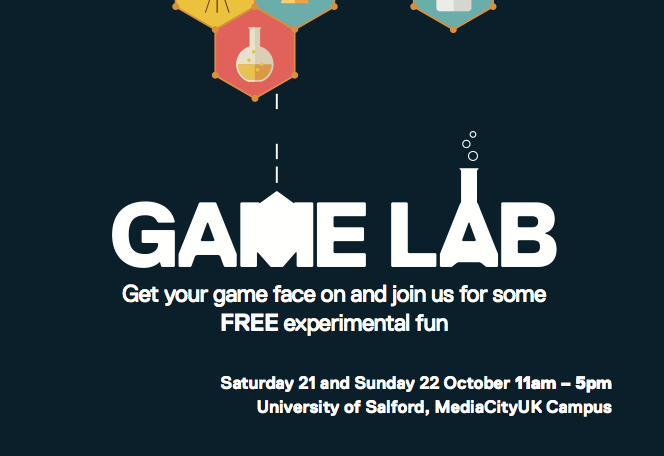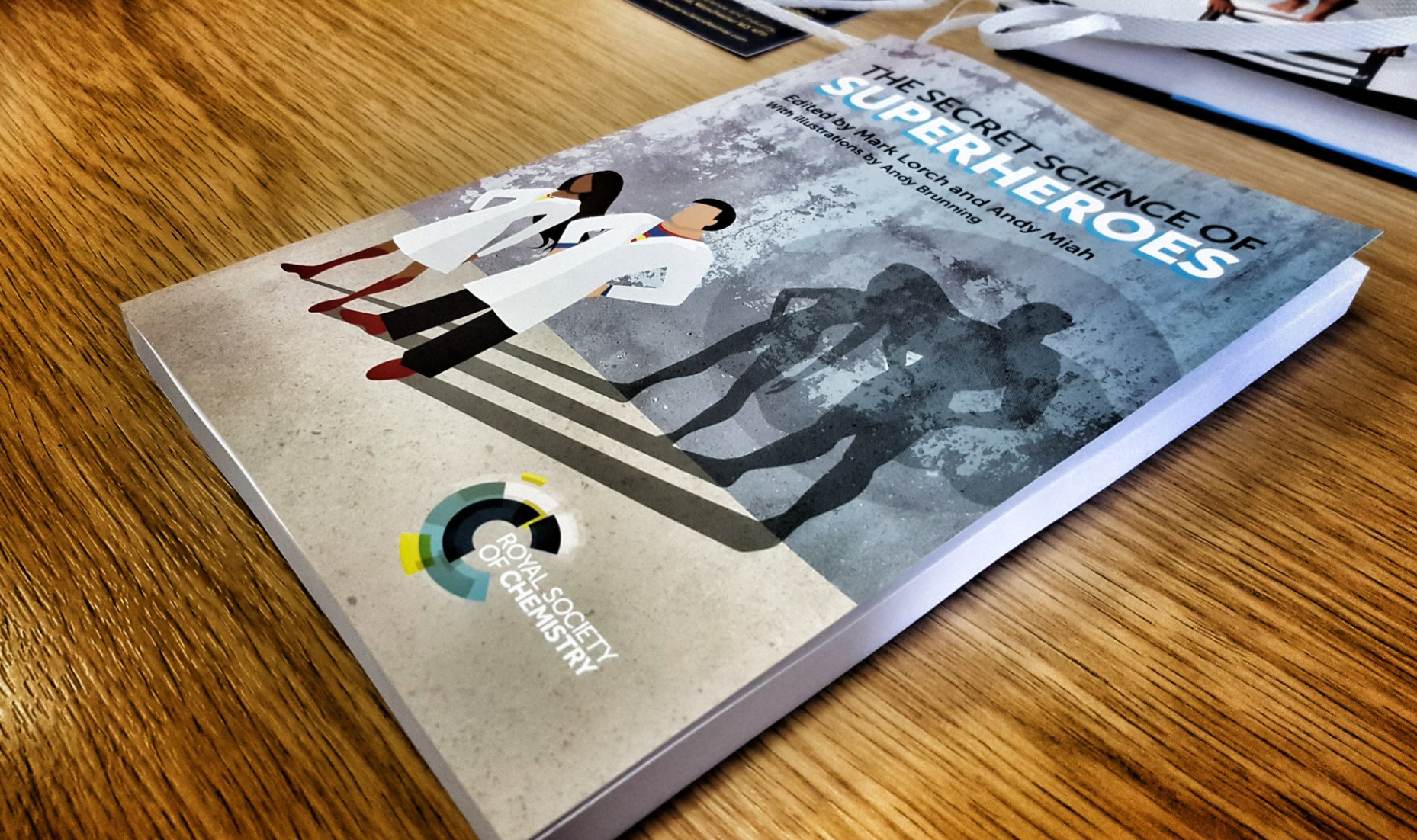In advance of giving a keynote at ScienceComm in Switzerland this September, i was inspired to write a piece on the importance of practicing science communication from very early on in one’s educational formation. A fuller thesis will be presented in Swizterland, but here’s the proposition which was published in the Times Higher Education.
Citation: Miah, A. (2019) Good Science Begins with Communication, Times Higher Education, Available at: https://www.timeshighereducation.com/blog/good-science-begins-communication
Recently on Twitter, a debate took place over advice from Professor Jim Al-Khalili, professor of physics and public engagement in science at the University of Surrey, that a practising scientist should establish themselves before aiming to go too far down the road in communicating science.
While much of the debate was based on just a brief clip from a wider talk, the less generous Twitterati felt that Al-Khalili’s statement discouraged spending time on science communication until one is well into postdoc years, once a good amount of grants and publications were out there proving one’s credentials.
The more generous Twitter users felt that his advice was more that one should practise as a scientist first, before making a huge move into a completely new profession, especially if one’s core currency will be in the accumulation of research funding and publications.
Yet, even though this may sound strategically sensible, it neglects the value of ensuring that the public are part of the entire research process from day one. To rearrange a well-known quote from Sir Mark Walport, chief executive of UK Innovation and Research, good science begins with communication. It is not something we should do just at the end of the process. As researchers, this principle must be our starting point.
However, this reasoning is not just a matter of ensuring that the public are part of decision-making hierarchies about science. Rather, it’s important because formal structures around scientists today require them to ensure that they have impact journeys for their research, from the point of inception. This is especially the case now with the research excellence framework, where impact has become an even bigger part of how research is evaluated.
A well-regarded scientist is, increasingly, someone who is publicly visible, willing to be present in the media, and someone who co-authors with their research users. In fact, some journals, such as the British Medical Journal, actively encourage co-produced research “with patients, carers, or members of the public”. These best practice guidelines could well become conditions of publication in the future.
I began my PhD when the World Wide Web was becoming established and this was extremely empowering as a researcher. We suddenly had our own means of communicating directly with the public, rather than having to rely on editors, broadcasters or the news cycle. Today, we can make our own documentaries, publish on our own channels and create our own podcasts.
Many young scientists in particular are taking hold of this with both hands, creating extraordinary content around their research, rewriting Wikipedia pages, working with artists and creating entirely new platforms that make science more accessible. More importantly, they are taking up the mantle of immersing themselves within public life, occupying the role of the public intellectual, a function which is of increased importance now in an era of fake news and post-truth.
Far from being a choice, we need to think about communication as a necessity to scientists’ jobs that is given adequate time in their workload.
Fortunately, funding councils understand this and have ensured that time, funds and thought are given to how their funded projects will connect with the public. It is also important to note that there are many ways to do science communication. One doesn’t have to be the next Brian Cox or Alice Roberts.
Over my own career, I have worked across a range of creative communication formats, from producing theatrical performances about genetic enhancement and consulting on film and radio drama scripts, to exploring the science of falling in love over an evening with 30 dinner guests and developing virtual reality experiences.
It is the opportunity to be part of a wider conversation about how science is embedded within society that makes science communication so valuable.
Yet, the value that we all derive from seeing scientists work alongside the public is far more than just instrumental, it is an immense enrichment of research life. Recently, I worked with a team from the University of Salford at the Cheltenham Science Festival to present a new virtual reality experience that explains the science of the microbiome. An octogenarian had his first experience with VR there and it was science that brought him this opportunity.
Through such experiences scientists can discover why their work matters and how important it is to ensure that the public has an opportunity to talk with them about it. These experiences also cause one to reflect on their responsibilities as a researcher and to appreciate more clearly the fundamental needs of citizens for research.
While far more science communication happens today than ever before, we still have some way to go before it is available for everyone. That’s why it’s crucial to keep talking about the fact that there is more than one way to be a science communicator. It is possible to develop a science communication journey while you carry out scientific research from the very beginning of your career.
But, more importantly, if done well, science communication enriches the research we do and the significance of what we discover. It can also be really good fun.
Author Bio: Andy Miah is chair in science communication and future media in the School of Environment & Life Sciences at the University of Salford.
